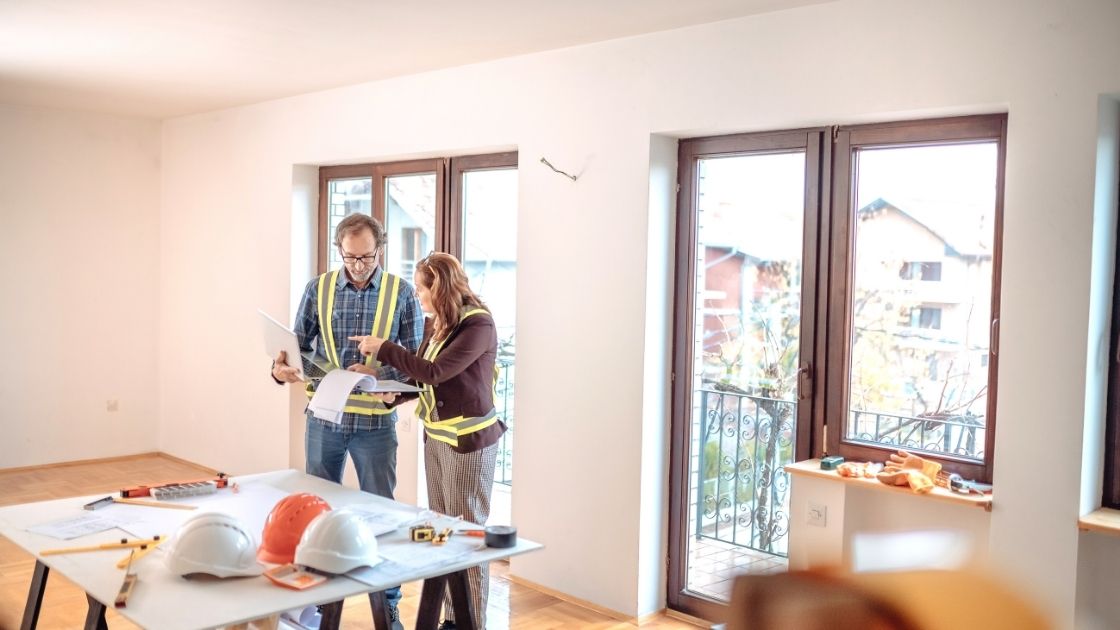Whether you just turned 18 or are finally out of college, making a life for yourself in the so-called “real world” is always a challenge. However, with a little preparation and know-how, you can settle into an independent life without skipping a single beat. Learn about the five most important skills you need to hone before setting out on your own below.
Making a Budget
Supporting yourself can be extremely expensive, especially if you’ve gotten used to life under your parents’ roof. That’s why making a budget is perhaps the most important thing to do before moving out. Budgeting simply means subtracting your expenses from your after-tax income.
Expenses might include things such as groceries, transportation, and insurance, to name a few. If you plan on renting, you’ll have to consider the cost of rent, utilities, and internet. As a general rule, you shouldn’t pay much more than 30 percent of your income on rent.
If you’re feeling overwhelmed already, keep in mind that there are many different ways to budget. Like everything else, there is no one-size-fits-all solution for keeping track of expenses.
Building Your Credit
When you’re just starting out, many tasks are hard to do without a good credit history. If you’ve never had a credit card before, it might seem impossible to rack up a strong credit score. However, there are many ways to start building credit for yourself. According to Credit.com, a good way to establish credit is to open a student credit card or become an authorized user on a parent’s card. Always keep in mind that a number of factors influence credit scores; for example, your ability to pay bills on time and the amount of debt you have can both play a role.
Setting Financial Goals
When you first move out, you’re probably more focused on immediate goals, such as finding the perfect apartment or furnishing your new place. Accomplishing these things might be crucial right now, but it’s also important to plan ahead. Most young adults are happy to have an apartment, but after a while, you may find yourself wanting to own rather than rent.
If you’ve dreamed of one day being a homeowner, it’s never too early to start setting aside money for a down payment. While you may be able to put down as little as 3 percent (however, most lenders require you to put down at least 5 percent), you might get more out of your real estate investment by saving up for a larger down payment. If your budget is tight, search for any areas where you can cut back on spending.
Protecting Your Property
While you can choose to stay on your parents’ health insurance until you turn 26, the same may not be true with other types of coverage you share. If you’re not living under the same roof anymore, some insurers will make you get your own car insurance policy, for example.
Unfortunately, this means you could lose any discounts you received for having bundled coverage with your parents. However, it’s usually wise to get additional types of insurance when you set out on your own. Auto and renters’ insurance might seem like obvious choices at first, but you might also consider getting life insurance now so you can take advantage of the low rates, which only go up as you age.
Preparing for the Unexpected
No one likes to think about health emergencies, a car breaking down or a job loss. However, these things do happen, and they usually come out of nowhere. Setting aside an emergency fund is one of the best ways to deal with the unexpected. Saving enough money to cover at least three months of living expenses is usually a good starting place.
There’s so much to consider when you set out on your own for the first time. Not only does life get much more expensive, but it’s also scary not having that safety net. However, with a little preparation, you can set yourself up for success in any situation you may find yourself in.

